Driven by their passions, York graduate students materialize their innovative ideas into reality. Committed to the public good, these outstanding scholars address pressing issues of today that range from decolonizing education to solving global health crises. Keep an eye out for these change agents who will make a positive impact in academia as well as public and business sectors in our communities.
Munjeera Jefford – Doctoral Student, Social & Political Thought
Jefford takes on the imperative work of decolonizing education through the funds of knowledge theory, which promotes student and community-centred participation. “The funds of knowledge works both ways, students and their communities have knowledge which is welcomed and included in the classroom learning, and the teacher can learn from students as well,” explains Jefford.
Conducting research in the Jane and Finch area, Jefford aims to support diverse students with their music learning. She is also working on professional development with Camérise, a project that seeks to support French as a Second Language teacher retention and inclusion. This critical work has the potential to create positive change in the community by advocating for the diversity, equity and inclusion of marginalized voices.
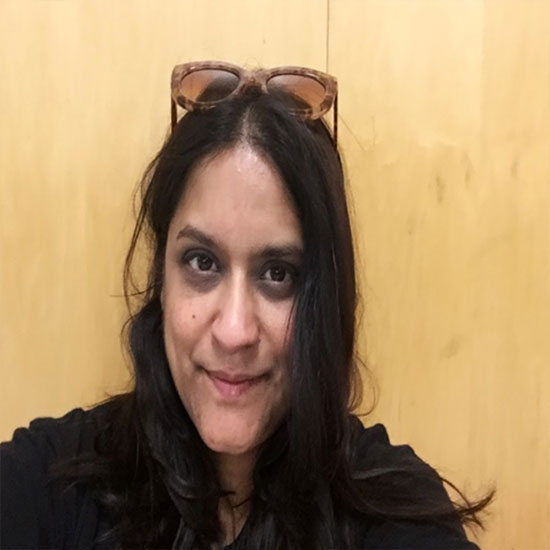
Munjeera Jefford
Michael Marlatt – Doctoral Student, Communication & Culture
Marlatt is conducting work on the lived experience of students and alumni of North American Moving Image Archival Education Programs who identify as having a disability, or chronic illness or are neurodivergent. The research covers topics of admissions, campus services, training/internships and career prospects post-graduation. Marlatt is working with programs at TMU, NYU, UCLA and The L. Jeffrey Selznick School of Film Preservation on the project.
“I'm really just looking at getting more disability inclusion in conversations,” shares Marlatt. “Right now, disability, chronic illness and neurodiversity are quite underrepresented in the archival field especially on the staff side and on the archivist side.”
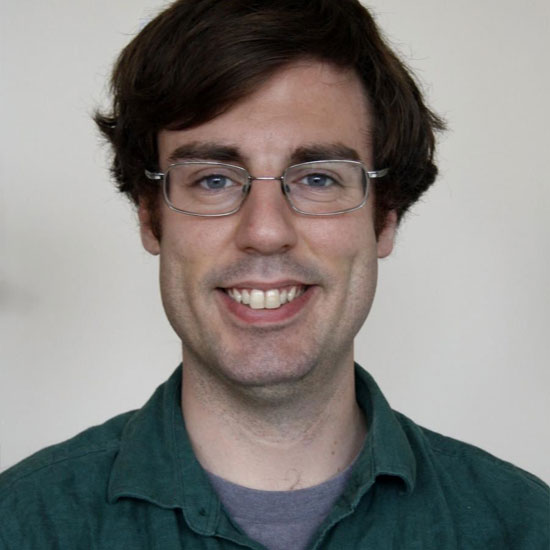
Michael Marlatt
Zahra Nader – Doctoral Student, Gender, Feminist & Women's Studies
Nader is the editor-in-chief of Zan Times, a women-led newsroom that covers human rights violations in Afghanistan with a focus on women, LGBTQI people and environmental issues. Since August 2021, Zahra Nader has been constantly involved in covering the situation of women in Afghanistan. Nader’s research highlights a troubling absence of Afghan women in the country’s history. She emphasizes that without having this knowledge accessible, generations of Afghan women are negatively impacted, and the cycle of oppression continues.
Nader’s research was inspired by her own life experience, “Western media somehow portrayed Afghan women as a victim, but the women who are fighting daily to get their basic human rights, I don't see them as a victim I see them as a fighter.”
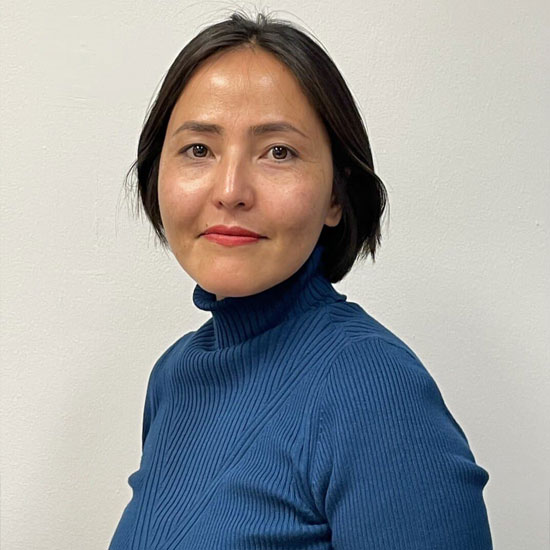
Zahra Nader
Ramesh V Perumal – Doctoral Student, Nursing (now Alumni)
Ramesh Perumal's dissertation assesses the impact of mentorship and social support on the career advancement of internationally educated nurses (IEN) compared to Canada Educated Nurses. He accentuates that after graduating and obtaining their license, internationally educated nurses still have to navigate challenges in the workforce such as understanding the nuances of communication and the Healthcare System.
“The findings of my study would shed light on the value of establishing mentorship programs and social support networks and workplaces, which will actually enable internationally educated nurses to do well in the profession,” says Perumal.
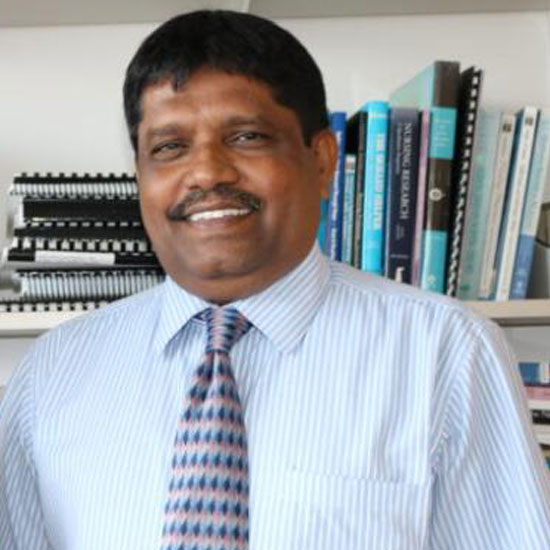
Ramesh V Perumal
Kashmala Qasim – Doctoral Student, Psychology
Qasim's overall program of research looks at faith-based models of psychology/counselling, as well as working with immigrant and migrant (specifically Syrian refugees) communities. This innovative study investigates how Islamic faith might be used as a coping mechanism, and as a way to manage mental health, mental illness, and everyday stressors.
This community-forward research can create positive impacts both within and outside academia. The findings from the study can be used by teachers to create an Islamic psychology curriculum or mental health workbooks. Additionally, the research can help non-Muslim clinicians to better adapt their theories to make their therapies more culturally appropriate.
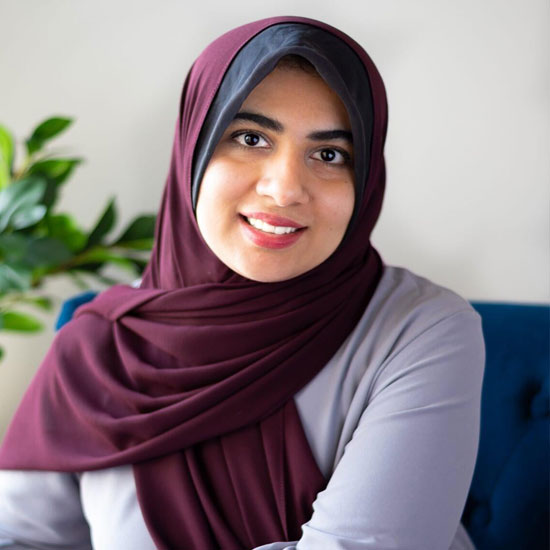
Kashmala Qasim
Isaac Weldon – Doctoral Student, Political Science
Weldon's cutting-edge research investigates political strategies that can improve global cooperation around emerging health threats, including zoonoses and antimicrobial resistance (AMR), and draws lessons from global governance of other major issues such as climate change and biodiversity management. AMR is a process where medicines like antibiotics and antivirals stop working against infectious diseases. Weldon posits that the problem with AMR is that these medicines will stop working and solutions must be identified in order to conserve the existing stock of effective antimicrobials while innovating new ones to replenish that clean stock.
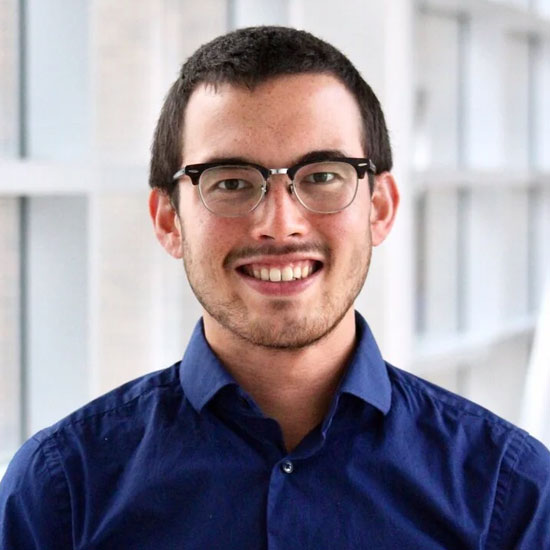
Isaac Weldon
